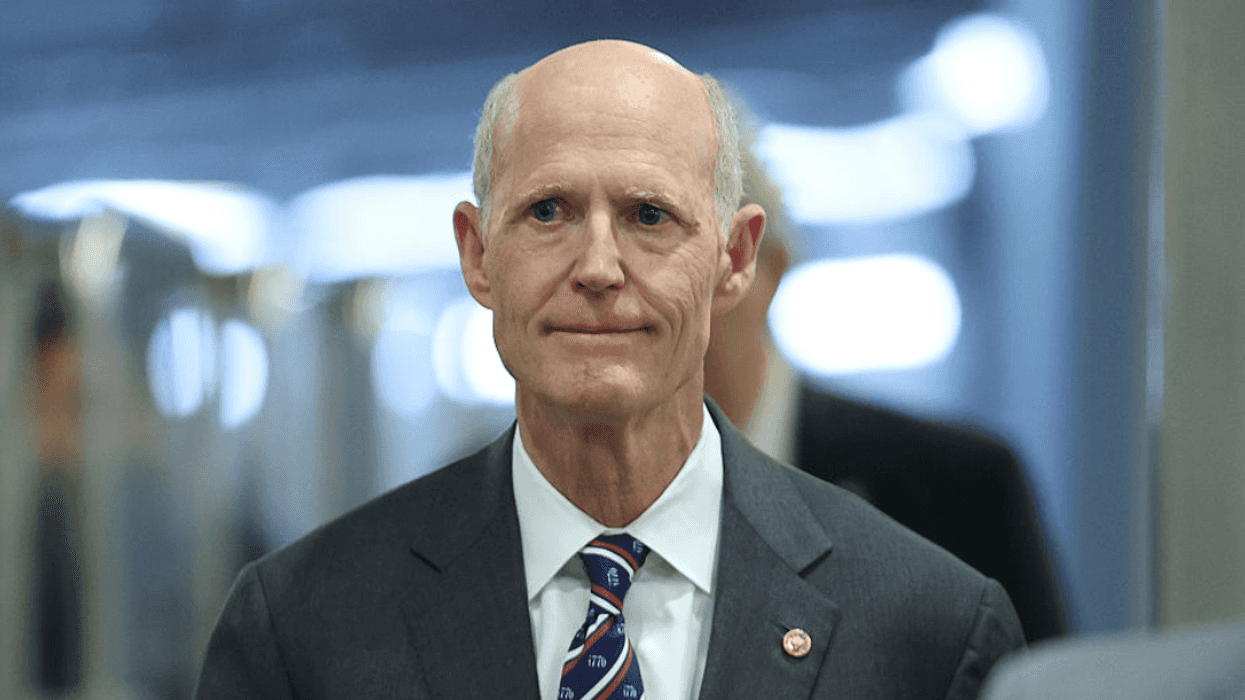A group that rarely finds fault with President Donald Trump is currently criticizing the ramifications of his latest salvo in his trade war he started with China. Evangelical Christians are warning of a "Bible tax" resulting from Trump's proposed China tariffs.
According to religious book publishers, an estimated high of 150 million bibles are printed in China annually. Publishers gathered last month to testify against implementation of the tariffs at hearings.
Mark Schoenwald, president of HarperCollins Christian Publishing, told U.S. Trade Commission officials Bibles require ultra-thin paper stock. Almost three quarter of Bible production is done in China and cannot be manufactured elsewhere.
According to Schoenwald:
"We believe the administration was unaware of the potential negative impact these proposed tariffs would have on the publishing industry generally, and that it never intended to impose a 'Bible Tax' on consumers and religious organizations."
The publishing executive claimed the tariffs would make Bible prohibitively expensive for consumers and Christian organizations that use free Bible giveaways in their ministry.
He added:
"U.S. printers moved their Bible printing facilities abroad decades ago, leaving no substantial domestic manufacturing alternatives."
G. Paul Hendrickson, general manager of Hendrickson Publishers, tried to say the tariffs are a violation of a person's freedom of religion.
"We are extremely concerned that the increased prices would prevent many middle- and low-income Americans from being able to afford Bibles, interfering with the practical ability for them to engage with their faith."
Russell Moore, president of the Ethics & Religious Liberty Commission of the Southern Baptist Convention, made the same case in the hearings.
He said:
"[The tariffs] will impact all Christians' ability to exercise their religious freedom in the United States."
People were less than sympathetic to the plight of the publishers and their customers.
People questioned Trump supporters not caring about tariffs when they affected US manufacturing jobs and farmers.
The tariffs are currently on hold after Trump's visit to the G20 Summit in Japan while China and the US go back to the table for further trade negotiations.



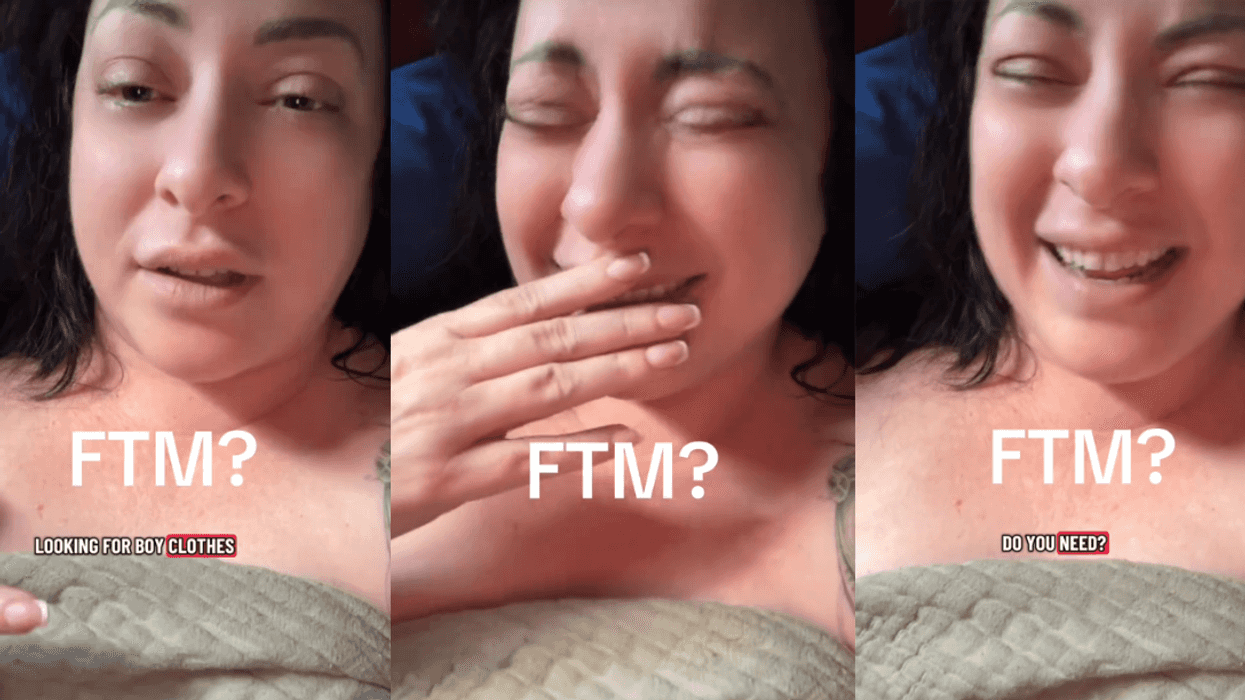



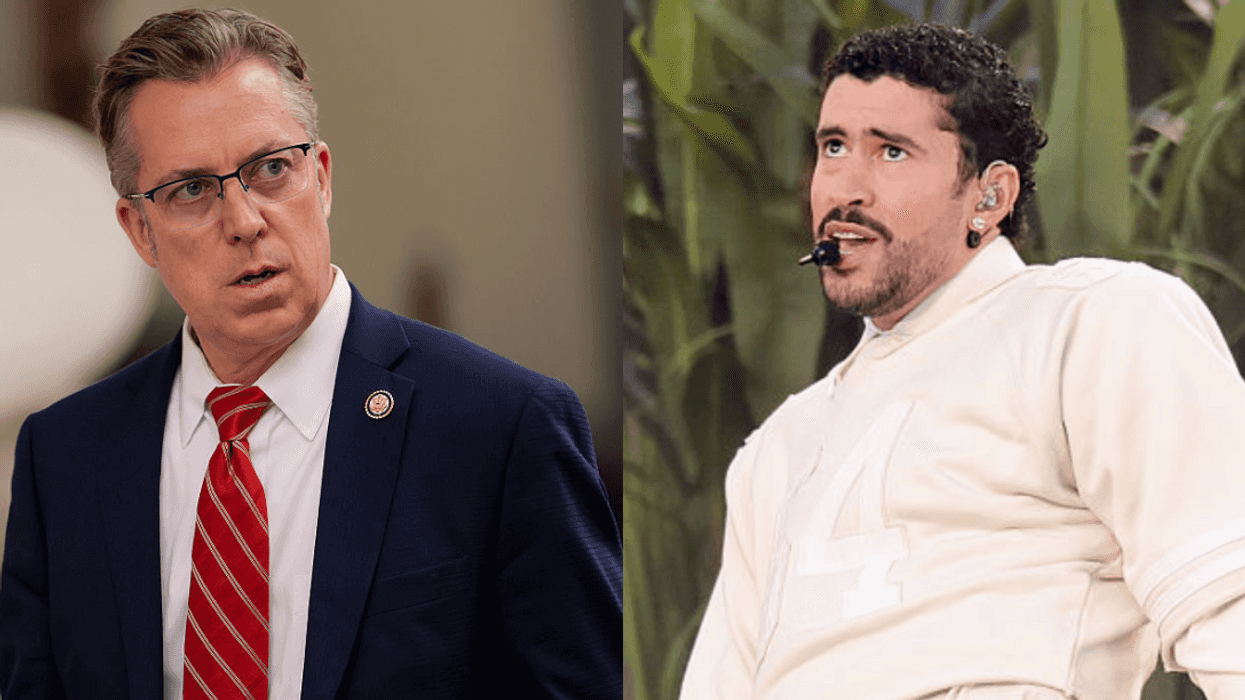
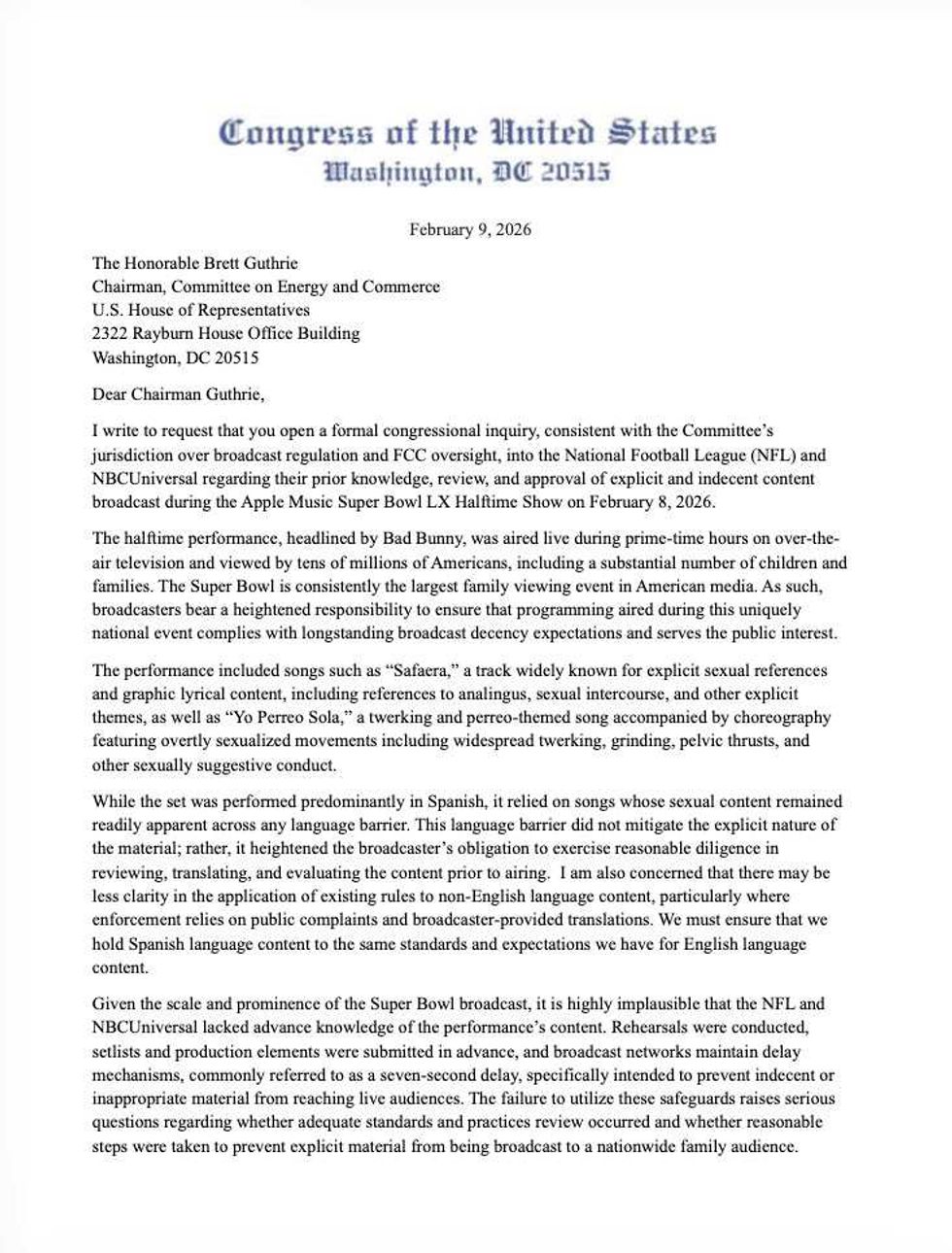 @RepOgles/X
@RepOgles/X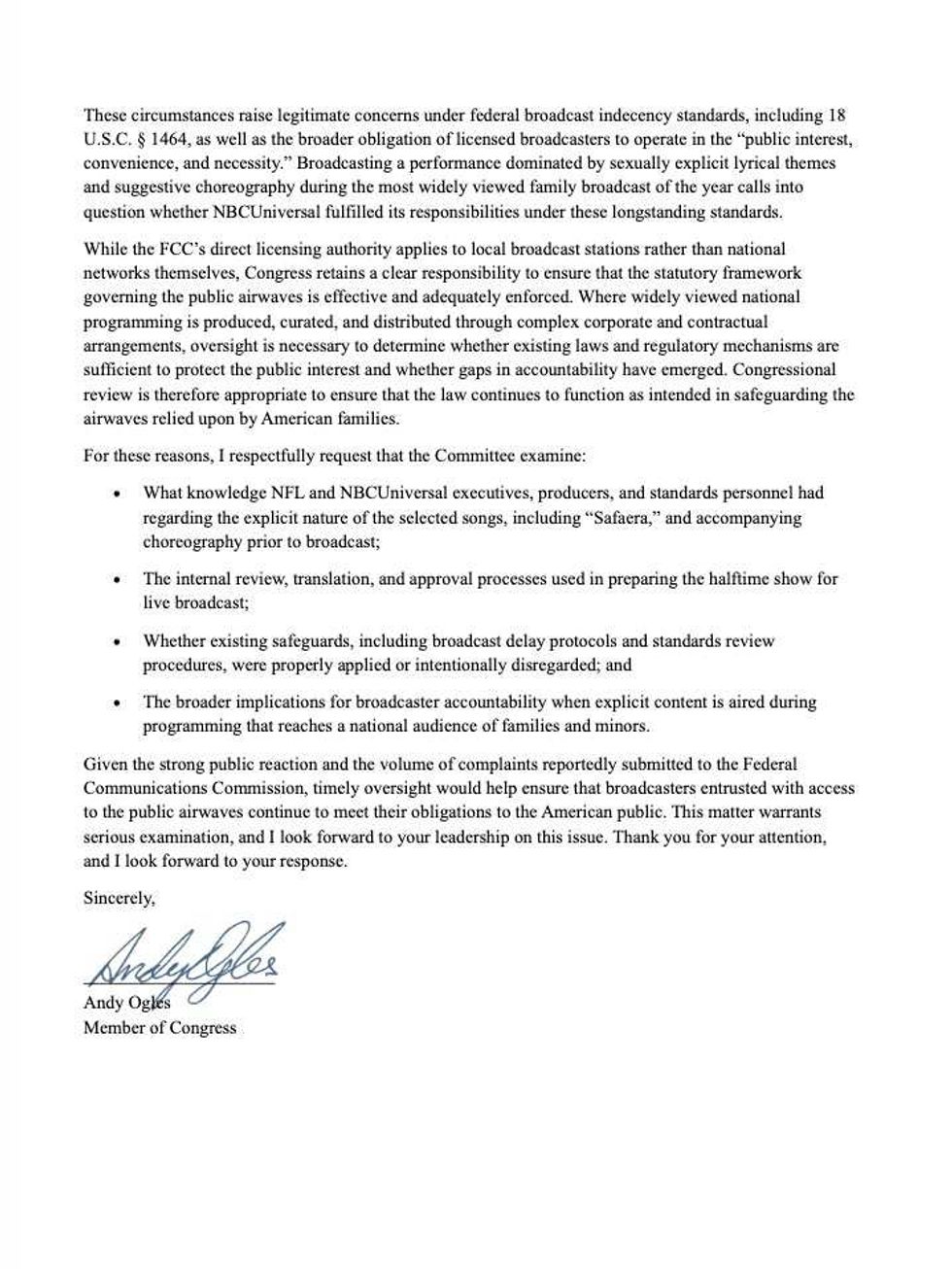 @RepOgles/X
@RepOgles/X





 @chrisbrownofficial/Instagram
@chrisbrownofficial/Instagram u/oatlatt/Reddit
u/oatlatt/Reddit u/LoveTheAhole/Reddit
u/LoveTheAhole/Reddit u/SoFetch89/Reddit
u/SoFetch89/Reddit u/00trysomethingnu/Reddit
u/00trysomethingnu/Reddit u/kittybuscemi/Reddit
u/kittybuscemi/Reddit u/___nic/Reddit
u/___nic/Reddit u/WaterMagician/Reddit
u/WaterMagician/Reddit u/west-brompton/Reddit
u/west-brompton/Reddit u/GhostlySpinster/Reddit
u/GhostlySpinster/Reddit u/Asleep_Tap6199/Reddit
u/Asleep_Tap6199/Reddit u/afreudtolove/Reddit
u/afreudtolove/Reddit u/myfriendtoldmetojoin/Reddit
u/myfriendtoldmetojoin/Reddit
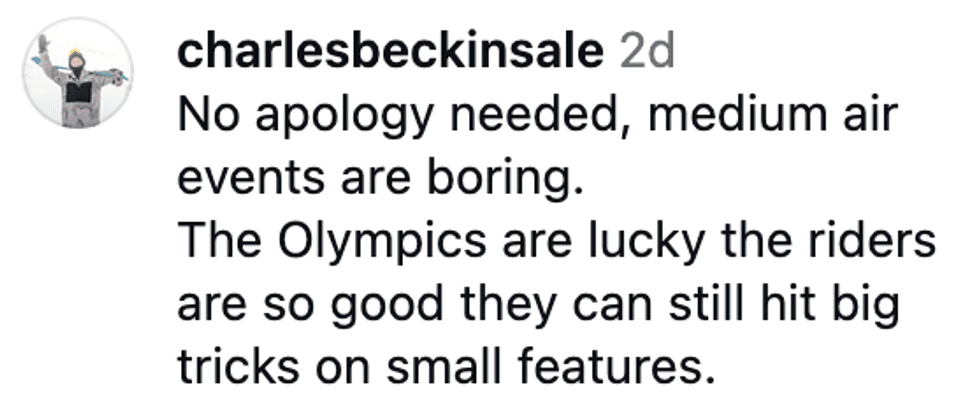 @charlesbeckinsale/Instagram
@charlesbeckinsale/Instagram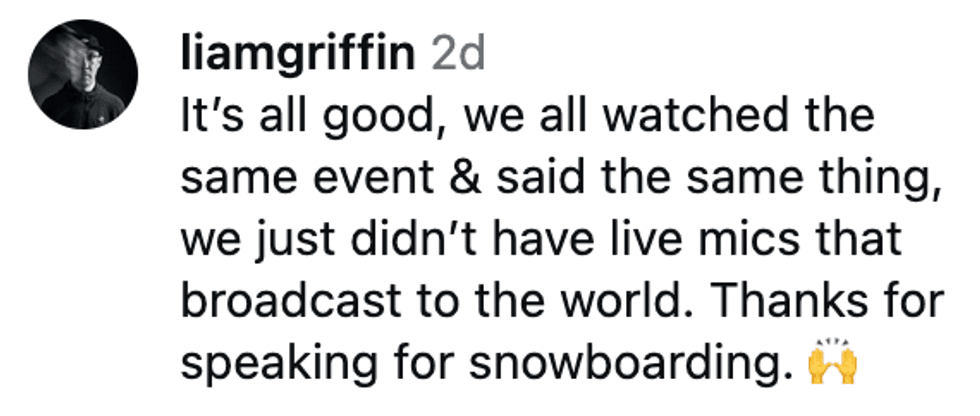 @liamgriffin/Instagram
@liamgriffin/Instagram @valentinoguseli/Instagram
@valentinoguseli/Instagram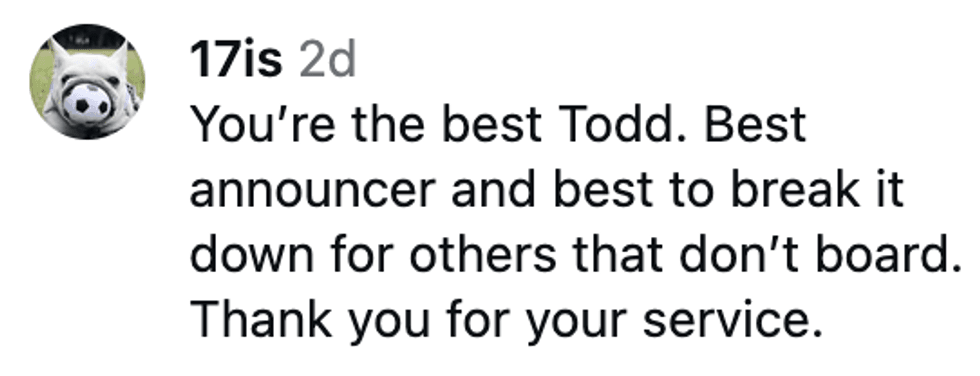 @17is/Instagram
@17is/Instagram @torahbright/Instagram
@torahbright/Instagram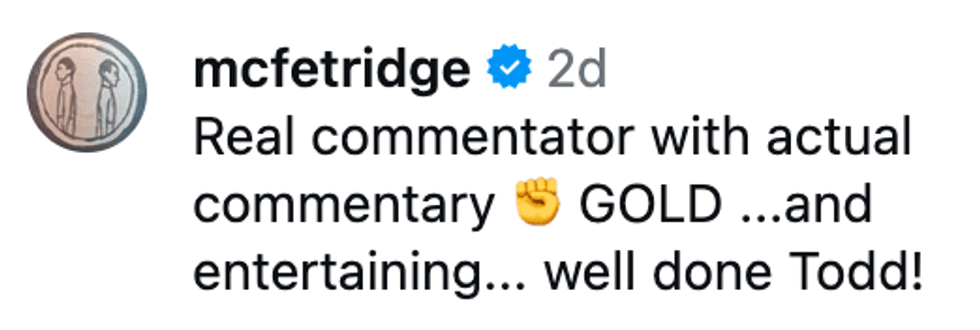 @mcfetridge/Instagram
@mcfetridge/Instagram @colleenquigley/Instagram
@colleenquigley/Instagram @jonathanwaynefreeman/Instagram
@jonathanwaynefreeman/Instagram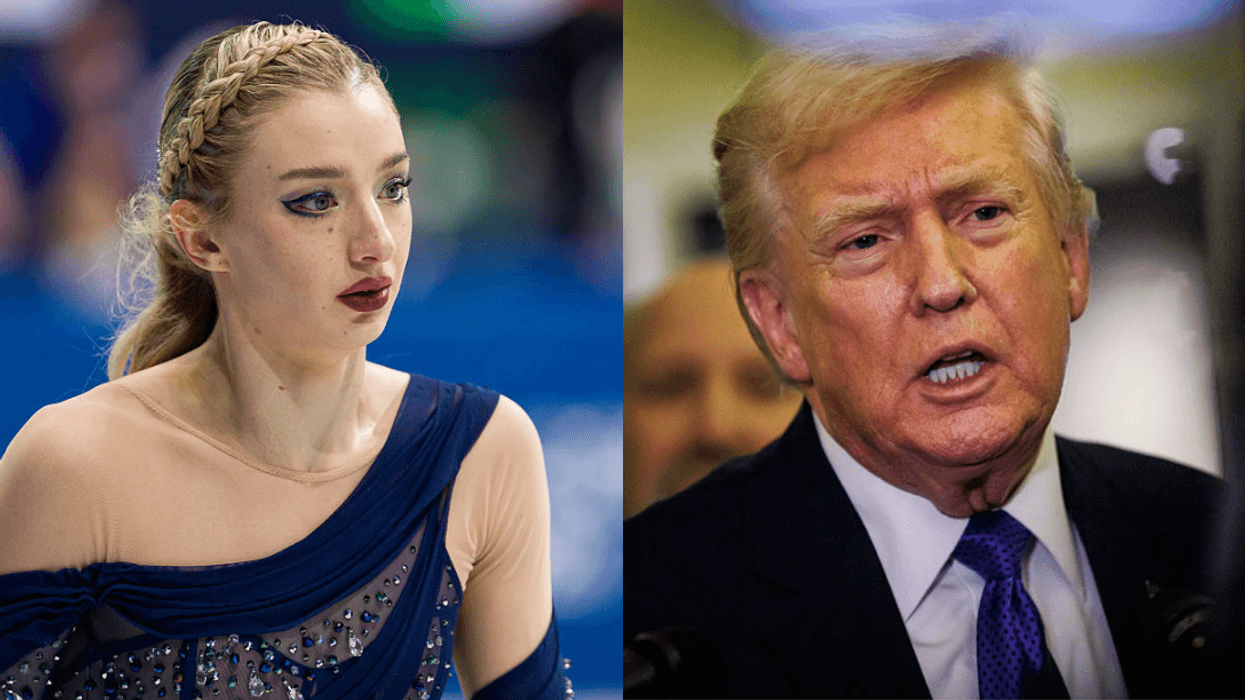
 @amberglenniceskater/Instagram
@amberglenniceskater/Instagram